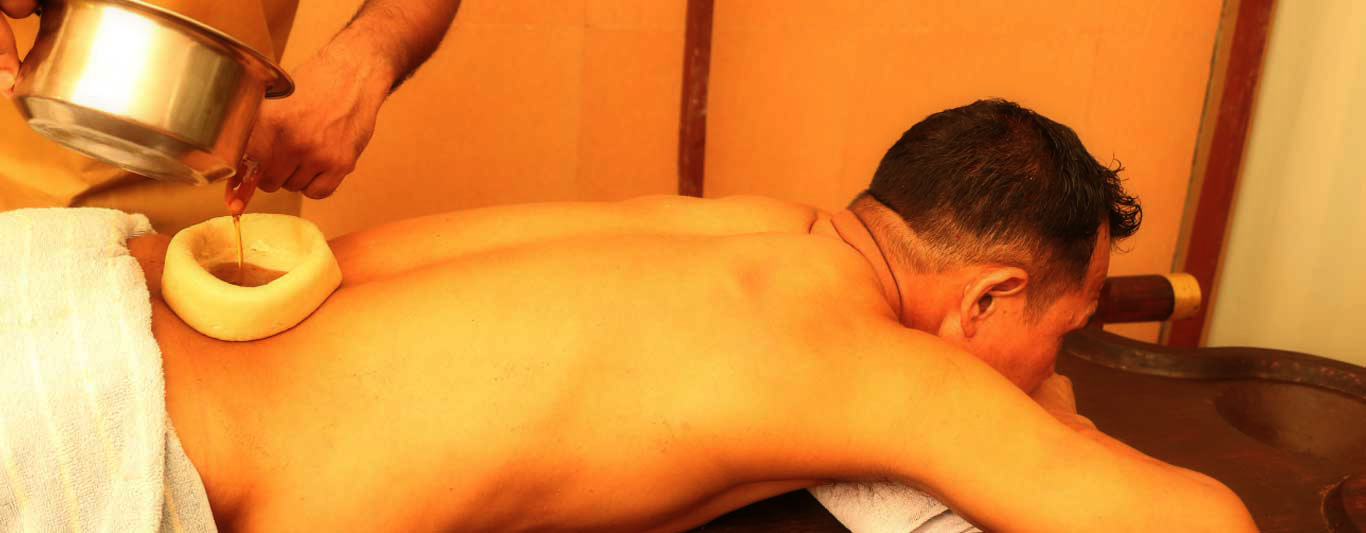Bipolar Disorder
Bipolar disorder, formerly called manic depression, causes extreme mood swings that include emotional highs (mania or hypomania) and lows (depression). When you become depressed, you may feel sad or hopeless and lose interest or pleasure in most activities. When your mood shifts in the other direction, you may feel euphoric and full of energy. Mood shifts may occur only a few times a year or as often as several times a week.
Rapid cycling — having four or more mood swing episodes within a single year, with full or partial remission of symptoms in between manic, hypomanic or major depressive episodes
Psychosis — severe episode of either mania or depression (but not hypomania) that results in a detachment from reality and includes symptoms of false but strongly held beliefs (delusions) and hearing or seeing things that aren't there (hallucinations)
Symptoms
- Depression
- Mania
- Mood swings
Ayurvedic Perspective
Bipolar disorder manifests due to imbalance of the physical doshas vata, pitta, and kapha and the mental properties satva, rajas and tamas.
Ayurvedic herbs used for bipolar disorder are adaptogenic in nature. They are equally valuable for mania or depression. The intent is not to force the brain out of a depressive or a manic episode by providing herbal uppers or downers but to balance the doshas and to normalize the production of neurotransmitters.
Main Procedure
- Snehapanam
- Abhyangam, Swedanam,Thalam,Siropichu,Sirovasthy,Thalapothichil,nhavarakkizhi etc
- Panchakarma therapy such as Vamanam, Virechanam, Kashaya vasthy as per the condition.
- Rasayana therapy.
Duration of stay
3 to 5 weeks according to the condition
Expected Outcome
Ayurvedic treatment at the earliest sign of a mental health disorder can prevent bipolar disorder or other mental health conditions from worsening. Early treatment is highly effective to prevent episodes from getting worse.
Diet
- Fresh fruits, fruit juices, vegetables (raw or cooked or boiled), vegetable juices, sprouts, nuts, dry fruits, honey, milk, ghee, fresh butter, and buttermilk are the best to increase sattva and enrich the mind.
- Try to cut down, or if possible stop, the use of black tea, coffee, white flour products, chocolates, white sugar products, deep fried foods, hot spices, meat, fish, and eggs.
Activity restrictions
- Breathing exercises: Mind has a very close relation with breathing. A person has short and shallow breathing when anxious or stressed and has deep breathing when relaxed and happy. Let the diaphragm expand while breathing in, and contract while breathing out. This will immediately relax you.
- Exercise, meditation, relaxation techniques and Yoga postures are also recommended.
- Using alcohol or street drugs can worsen your symptoms and make them more likely to come back.





